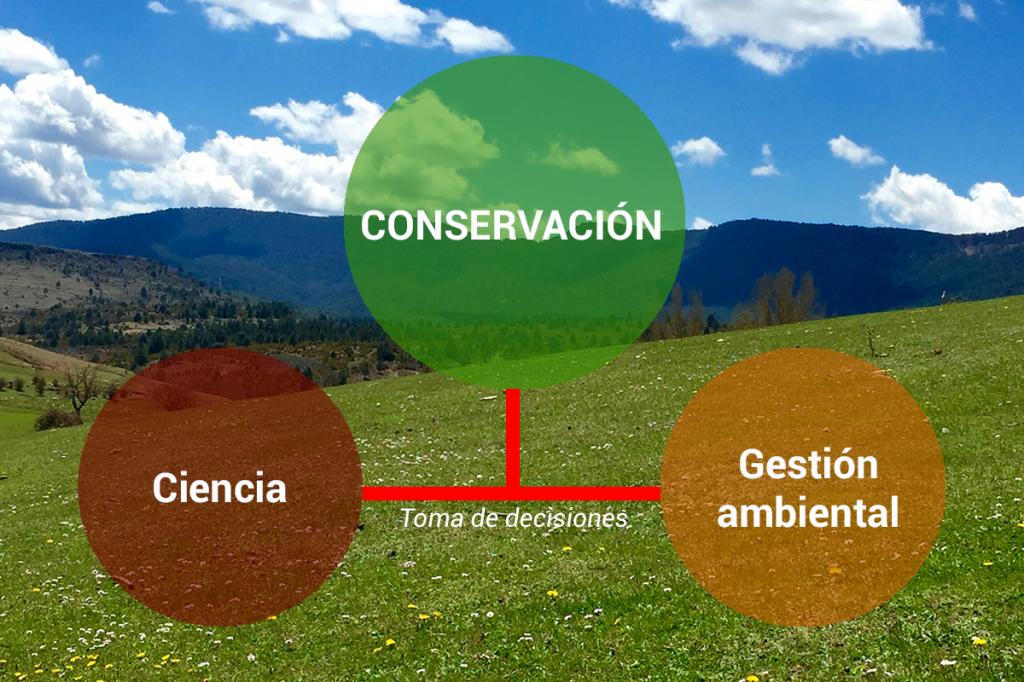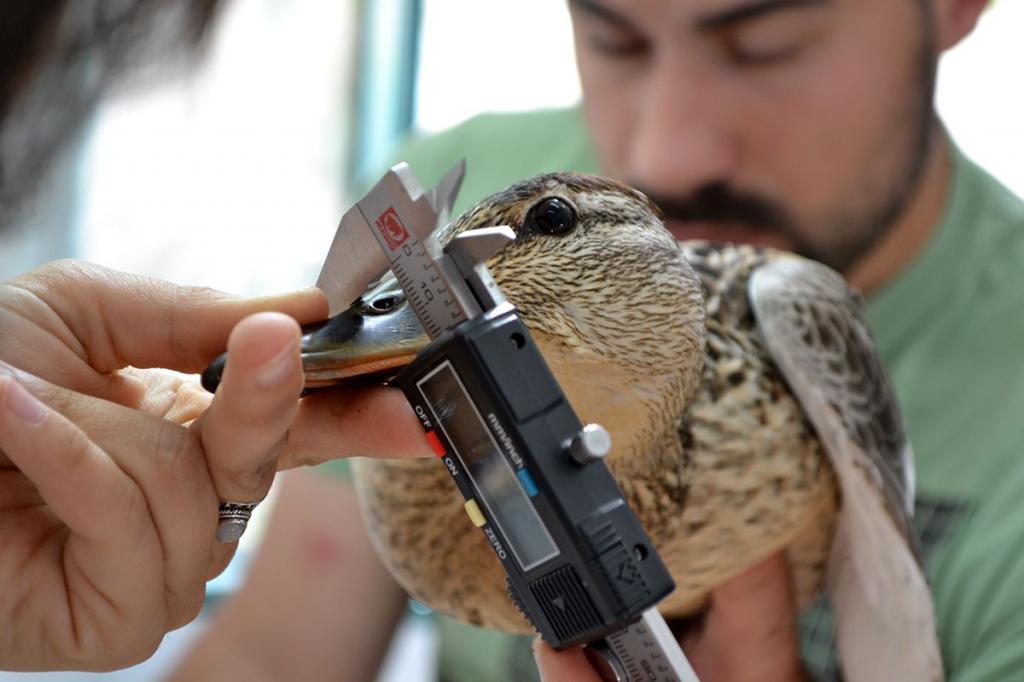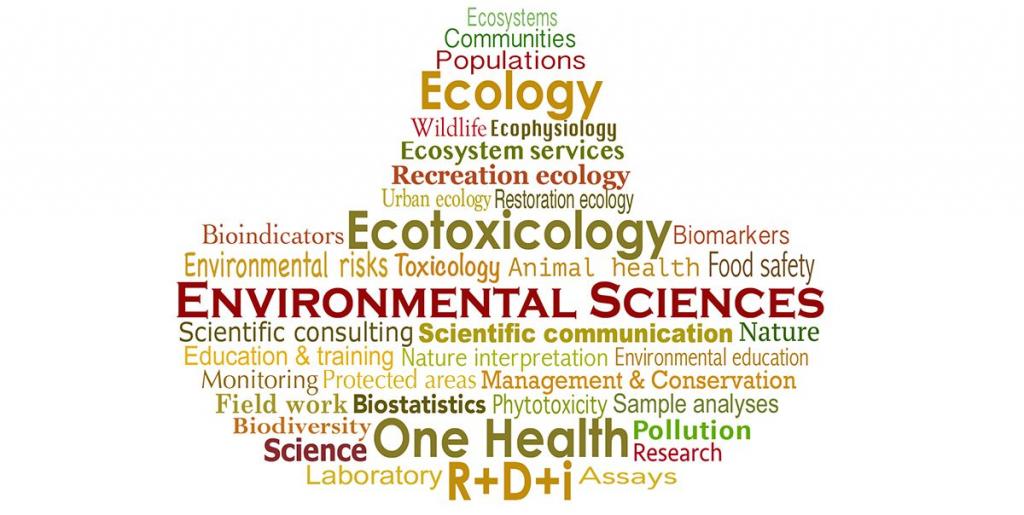Divulgazeral
Bridging the gap between science and environmental management

Linking science and environmental management is key for an adequate decision-making process in favour of nature conservation
Having a good knowledge base in the various disciplines of Environmental Sciences is fundamental for the decision-making process on which the management of natural resources is based. Likewise, it is necessary to keep abreast of the scientific advances in conservation issues so that decision-making is as effective and efficient as possible. Paradoxically, despite the abundant and rigorous scientific knowledge that is continuously generated from various environmental fields, environmental managers only use it in few occasions to improve management plans. Conversely, there are also not many research projects directly focused on covering specific needs in terms of environmental management. It is like if there were a kind of invisible gap between scientists and managers.

The disconnection between science and environmental management may have important consequences, such as the decision-making is not based on the most appropriate criteria, the frustration of both scientists and managers due to the relative lack of confidence in the usefulness of their work, and even the inefficient use of funds for both research and management. All of this is counterproductive for the conservation of the environment. In this way, it is essential to bridge the gap between science and environmental management. The barrier between the generation of scientific knowledge and its application to optimize the management plans of natural resources has been studied in several countries. From the results of these works we can extract some clues.

Differences between scientists and managers with respect to professional objectives and the time required for their development are frequent limitations that maintain both worlds apart. Obtaining and validating the results of a research study or project requires a precious amount of time that the managers, in many cases, do not have to make certain decisions. On the other hand, science often anticipates social or environmental needs, going ahead of the existing needs in management at a specific time. If we talk about science, environmental management and limitations we cannot forget the economic factor, since in many countries –we will not give names– both, science and environmental management, are the Cinderella in budgetary terms. Reducing funds for research or environmental management means fewer resources and less staff available to cover a range of professional needs and tasks that are not proportionally reduced. This is often associated with shortcomings to address scientifically specific management needs, as well as to limitations for managers to keep abreast of scientific advances.

Regarding the objectives, time for their development, interests and budget allocation of both parties, some eminently practical limiting aspects can be highlighted. One example is that scientists have the priority to publish the results of their work in recognized international prestige journals, in which a complex language and the use of English is required –English is the language of Science–, as well as addressing issues that may not have a practical interest in environmental management. However, most of the institutions linked to environmental management do not have access to these publications. In addition, on many occasions, management technicians do not have the preparation, time and/or the interest necessary to deal with the methodological and/or linguistic complexity that may result from reading and understanding a scientific article for the subsequent application of its results in the management systems. These facts are related, on the one hand, with the difficulty of managers to integrate themselves in the world of research with valuable contributions on how to face their needs; and on the other hand, with a deficient dissemination of scientific advances to an audience that, like the one related to environmental management, may not have the sufficient scientific basis or the necessary tools to take advance from them.

The efficient conservation of our natural heritage requires the establishment of solid bridges between science and environmental management. In the context of the current environmental crisis, this involves the implementation of scientific development policies focused on meeting the needs of environmental managers, as well as improving dissemination and scientific communication strategies. In this regard, a better coordination between the institutions that finance research projects and the entities involved in environmental management would be highly recommended, since it would allow prioritizing the development of science that directly cover the specific needs and interests in the field of management. On the other hand, it is important that managing institutions devote efforts to collect the knowledge generated by the advance of science in the various fields of Environmental Sciences, so that it can be available for managers when they need it –although this, in many times, do not guarantee its use in practice–.

If we talk about building bridges, we cannot forget the important work of facilitators or mediators. This figure may acquire many different forms. It may consist in the integration of scientific personnel in management institutions or in the establishment of collaboration agreements between scientific and management institutions to pursue common objectives. It can be represented by external professionals with a scientific profile to attend punctually the scientific-technical and training needs of the professionals of the management institutions. It can also take the form of events organized on a regular basis to facilitate meetings between scientists and managers for the exchange of experiences, concerns and needs (seminars, workshops, etc.). It may even consist in the development of easy-to-access communicative material that facilitates the synthesis and transmission of science, as well as its application in management systems; or in the establishment of two-way knowledge networks that allow an effective exchange between scientists and managers to identify gaps or uncertainties that need to be addressed.

We at Azeral Environmental Sciences break the barrier between science and environmental management through our scientific consulting services, which include the design, planning and management of technical and scientific studies, the preparation of scientific literature reviews and scientific-technical monographs, the development of field work, the analysis and interpretation of data and the design and elaboration of materials for scientific communication. In addition, we design and offer training courses on various subjects related to Environmental Sciences, including those related to training in basic and applied research.
Are you interested in Environmental Sciences and Science communication?
Subscribe to our Newsletter at the end of our website!
Are you a scientist in the field of Environmental Sciences and would like to disseminate the results of your work in Divulgazeral?
Contact us in info@azeral.es!

